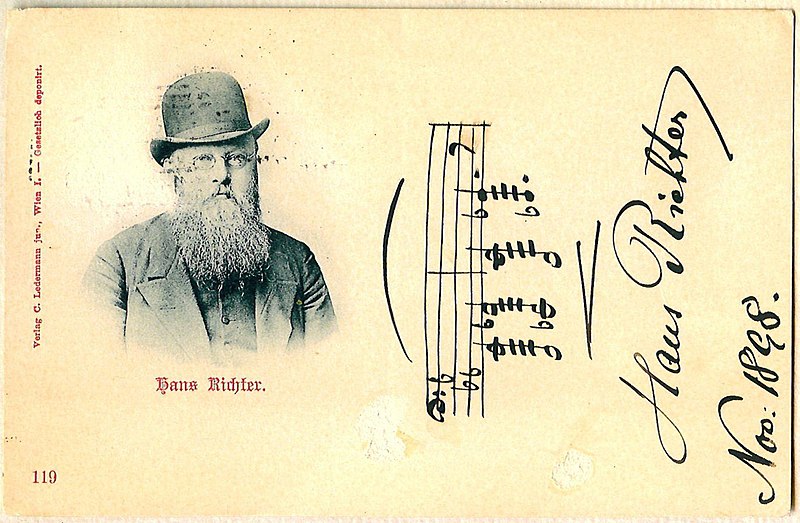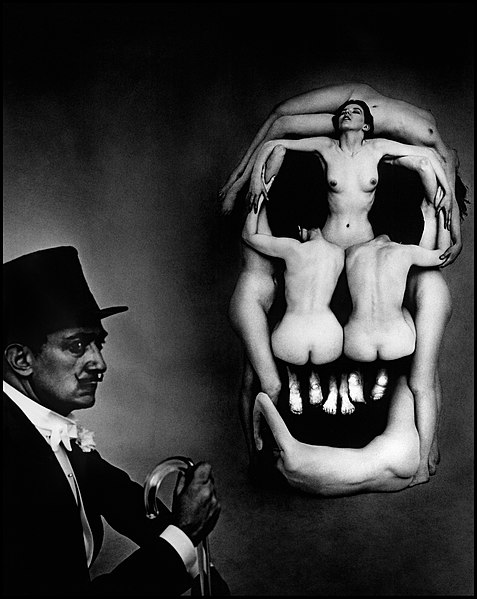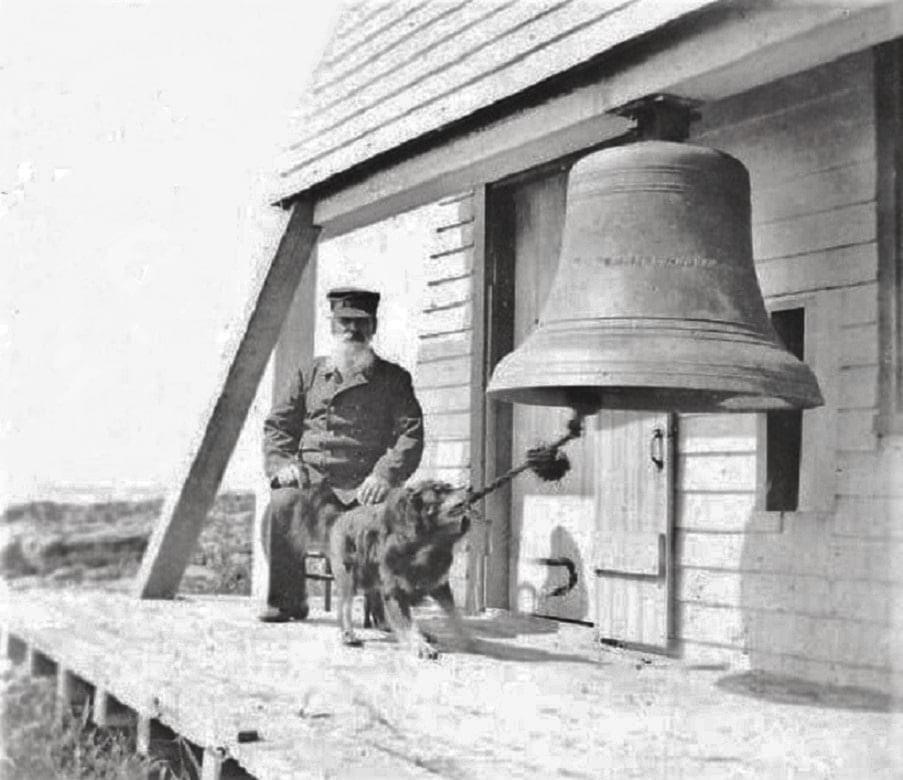
tracasserie
n. a state of disturbance or annoyance
infamation
n. reproach
alienigenate
adj. born in a foreign country
baragouin
n. language so altered in sound or sense as not to be generally understood
‘It is a fact,’ wrote Stephen Spender, after trying to write a book about interwar Berlin, ‘that all the best German jokes are unconscious.’ He instanced the expostulation of the German conductor Hans Richter after a difficult rehearsal with the London Philharmonic Orchestra: ‘Up with your damned nonsense will I put twice, or perhaps once, but sometimes always, by God, never!’
— Paul Johnson, Humorists, 2011







